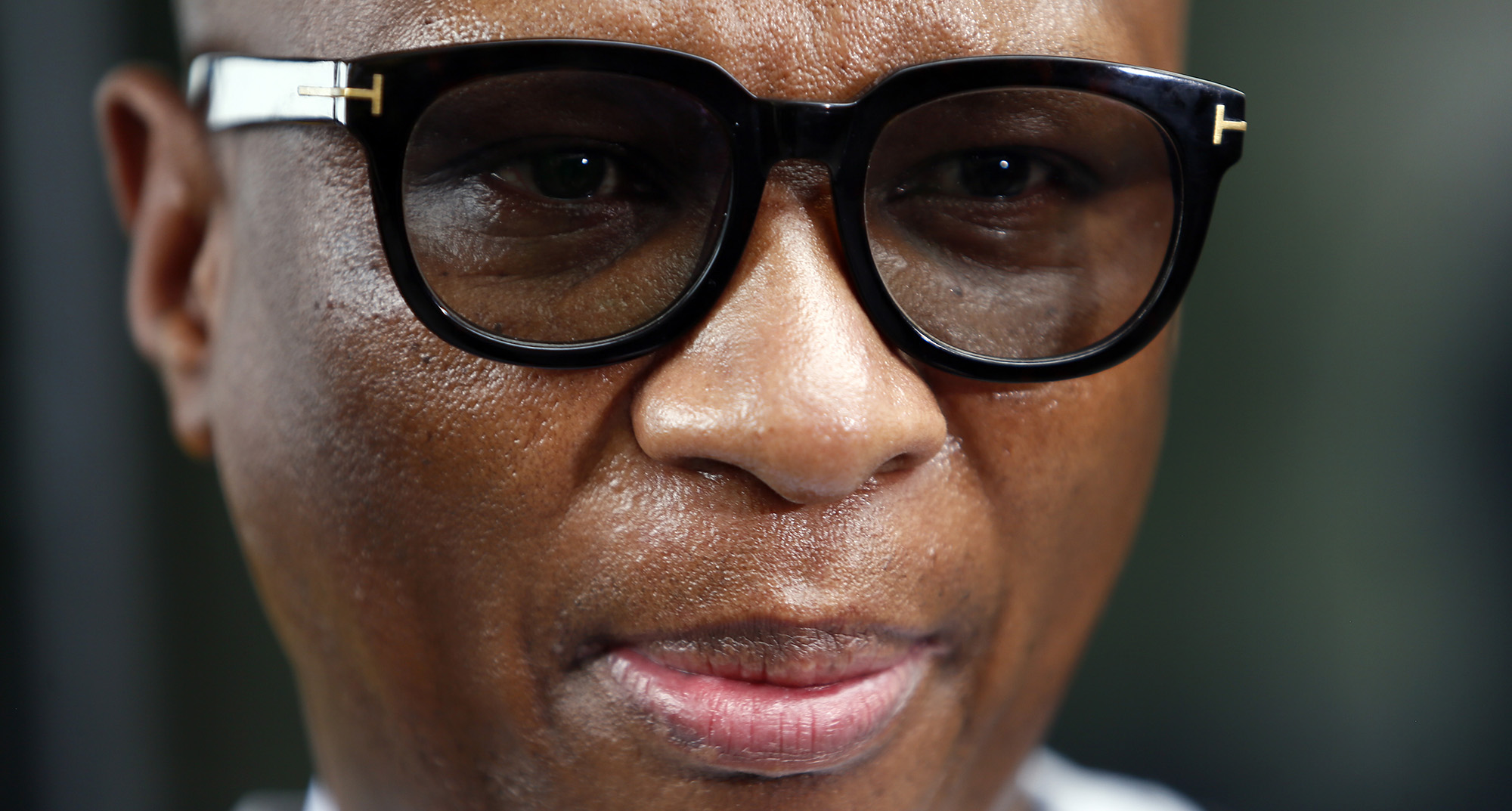South Africa is vulnerable in terms of criminals potentially planning to target it, but there is no direct terrorist threat to it now. Deputy Minister of State Security Zizi Kodwa said this during an event in Pretoria hosted by the National Press Club on Thursday evening.
Among the issues he discussed was a security alert issued by the US embassy in South Africa on Wednesday that warned of a “possible terrorist attack” that could happen in Sandton on Saturday.
Kodwa said SA intelligence representatives had met relevant US figures about the alert.
‘We mustn’t create panic’
But he suggested that the US had not been willing to share information underpinning the alert.
“We must never create panic. It’s not the role of intelligence to create panic in the country,” Kodwa said and suggested the US may not be “genuine” about sharing information.
The US embassy’s alert said: “The US government has received information that terrorists may be planning to conduct an attack targeting large gatherings of people at an unspecified location in the greater Sandton area of Johannesburg, South Africa, on 29 October 2022.
“There is no further information regarding the timing, method, or target of the potential attack. The US Embassy has advised staff to avoid crowds of people and other large public gatherings in the greater Sandton area of Johannesburg during the weekend of 29-30 October 2022.”
In response, South Africa’s Presidency issued a statement saying: “Should the need arise, the South African government will be the first to inform the public about any imminent threat.”
President Cyril Ramaphosa also weighed in on the matter on Thursday.
He described the US’s alert as “unfortunate”, as the US had not had any discussions with South Africa’s government before issuing it.
https://www.dailymaverick.co.za/article/2022-10-27-western-embassies-repeat-us-warning-of-possible-terror-attack-in-sandton/
Visit Daily Maverick's home page for more news, analysis and investigations
Sovereignty must be respected
Kodwa, during the National Press Club event, backed Ramaphosa.
“We do take such alerts very seriously because we must remain vigilant,” he said.
But Kodwa added that South Africa’s intelligence services were linked to many other foreign services and that there were “protocols and courtesy” involved in dealing with them. This included respecting the sovereignty of other countries.
If an issue relating to another country was picked up, the relevant ambassador would be approached and discussions would be held with authorities in that country. Kodwa said if this process was not followed, it could cause “anxiety”, such as the issuing of the alert had done.
‘No direct threat’
“As a country we are vulnerable but … there is no direct terrorist threat to South Africa now,” he said.
Kodwa referred to something else Ramaphosa had said — if a threat against South Africa was picked up, it should be South African authorities who announced it first.
During the event, Kodwa also referred to the attempted insurrection of July 2021 that centred on KwaZulu-Natal, when civil unrest broke out after former president Jacob Zuma was jailed.
An expert panel into why the unrest was not prevented had, according to Ramaphosa, found that among other shortcomings, “there was poor coordination between the state security and intelligence services”.
Better agency bonds
Kodwa referred to that finding and said work was being done to tighten working relations and strengthen the State Security Agency, which was previously politically skewed.
In basic terms, Kodwa said, the agency had “dropped the ball” and work was being done to bolster it. He explained that in looking into how the July 2021 unrest developed, local government, especially service delivery, was a focus.
David Africa, the executive director of the African Centre for Security and Intelligence Praxis, also spoke at Thursday’s event. He said the July 2021 matter needed to be explored much further.
“How does it come … that poor black people can be weaponised against their own democratically elected state? How does it come to that?” Africa asked.
He said the role of intelligence services was to continually explore that aspect, and not simply focus on why people were looting.
Cybercrime, corruption and terrorism
Kodwa focused on several other issues affecting South Africa. These included cybercrime, illegal mining, politically motivated killings, corruption and terrorism.
He said threats to the country were being assessed on a continual basis.
Kodwa also spoke about broader plans for the State Security Agency, saying it was being changed to be “more human-centric”.
The aim was to shift the focus of the agency from that of “security of the state” to the “security of the nation”. DM
Caryn Dolley has spent years tracing the footprints of criminal kingpins from across the world. In her latest book, Clash of the Cartels, Dolley provides unprecedented insight into how specific drug cartels and syndicates have operated via South Africa, becoming embroiled in deadly violence in the country and bolstering local criminal networks. Available for pre-order from the Daily Maverick Shop here.





